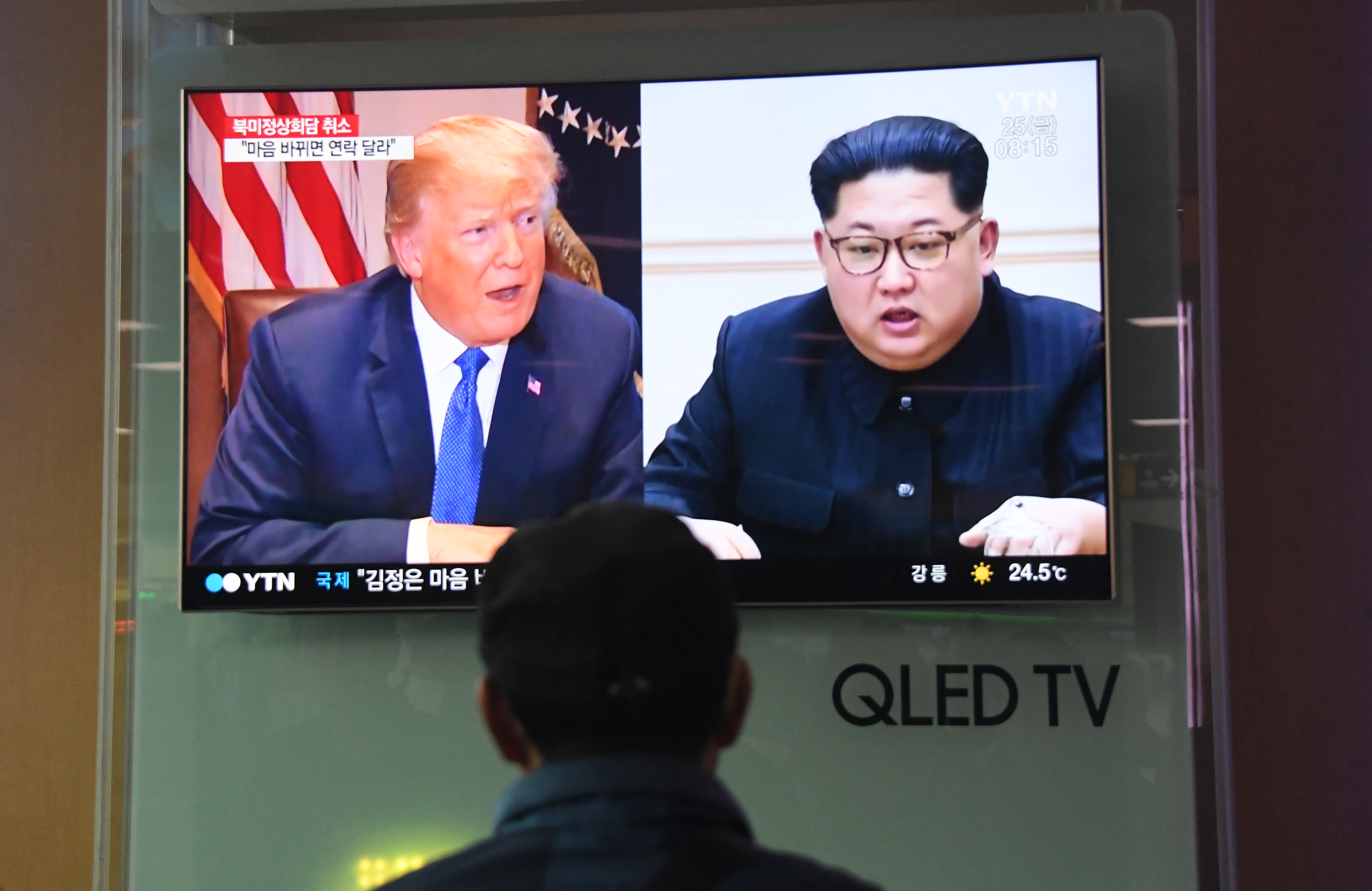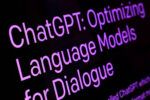Trump’s North Korea U-turn: Art of the deal or a boon for regime?
Photo: () | ©AFP
Seoul (AFP) – Donald Trump’s abrupt cancellation of his summit with Kim Jong Un will strengthen the hand of the reclusive state’s leader, analysts say, re-invigorating Pyongyang’s relationship with China and driving the two Koreas closer together.
Only a day before the sudden U-turn, Trump and US officials had been indicating there was every chance the historic pow-wow between a sitting American president and the third generation Kim would go ahead in Singapore.
The meeting, scheduled for June 12, was to be the consummation of a relationship that had raced from threatening each other with nuclear destruction to chummy bonhomie and talk of a peace treaty — all in a few short months.
Decades of diplomatic stalemate had given way to what appeared to be genuine progress in one of geopolitics’ stickiest issues, thanks, supporters said, to Trump’s unorthodox approach and willingness to engage an international pariah.
Pyongyang had released three American prisoners, agreed to a moratorium on missile tests, quietly accepted a US-South Korean military exercise on its doorstep and even blown up its only atomic weapons testing site.
Then, barely hours after the dust had settled at the Punggye-ri nuclear facility, Trump announced the summit was dead in a personal letter to Kim.
“The timing of this letter is… highly questionable,” said Abraham M Denmark, director of the Asia Program at the Wilson Center.
“Coming just a few hours after NK demolished its nuclear test site, it guarantees that the US takes the blame for undermining diplomacy. NK comes out looking like the reasonable one.”
Pyongyang furthered that impression in the hours after Trump’s letter, defying expectations in some quarters that it might launch a missile, or at least a volley of abuse.
Instead, it described the decision as “regrettable” and calmly declared its officials were willing “to sit face-to-face at any time”.
– ‘Shaky alliance’ –
Such an overt display of levelheadedness leaves US demands for continued pressure on North Korea looking hollow, said Denmark — especially for one key regional player.
“China is likely to more openly back North Korea. Sanctions enforcement will soften, and I expect high-level contacts will continue,” he said.
And where Beijing had, until a few months ago, appeared almost ready to cast its troublesome younger brother to the wind, that looks a lot less likely now.
“If US returns to talk of (attacking North Korea), expect Beijing to be more explicit in its willingness to intervene.”
Pyongyang’s new-found moderatism has also won plaudits — and allies — south of its highly-fortified border.
South Korean President Moon Jae-in, who leapt on the Pyeongchang Winter Olympics as an opportunity to broach a detente with his prickly neighbour, is unlikely to abandon the process now — even at the cost of a deterioration of his country’s US alliance.
North Korea’s willingness to keep the door open for talks gives Seoul the cover it needs to press ahead with engagement, said Go Myong-hyun, an analyst at Asan Institute of Policy Studies.
“It won’t be like last year when South Korea and the US stressed their firm alliance and pressured North Korea,” he told AFP.
“Moon has to double down. In short, he will push ahead with the policy of engagement and focus on dialogue with the North. The South Korea-US alliance will be shaky.”
But, Go added, it isn’t all bad news for Trump.
Analysts have decried the pace of events over the last few months, pointing out that the diplomatically untested businessman-president appeared to have little understanding of the complexities of dealing with North Korea.
He and his hawkish administration talked of “denuclearisng the Korean peninsula” as a readily-navigated one-way street that simply involved North Korea mothballing its weapons.
Pyongyang’s understanding of the term has always been more nuanced, and likely involves retaining some of its nuclear arsenal whilst pushing for a reduction of American troops in South Korea and weakening Washington’s alliance with Seoul.
Granting Kim a one-on-one before any concrete moves to scrap his nuclear arsenal was always akin to rushing downhill without looking, observers said.
Yet Trump’s equally sudden willingness to walk away from an agreement — a strategy he advocated in his “Art Of The Deal” memoir — might just help to level the playing field.
“North Korea will have to propose more detailed plans for denuclearisation if it wants to talk in the future,” said Go.
Disclaimer: This story has not been edited by Siliconeer and is published from a syndicated feed. Siliconeer does not assume any liability for the above story. Validity of the above story is for 7 Days from original date of publishing. Content copyright AFP.


